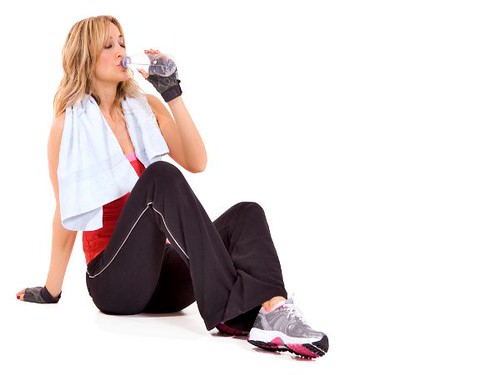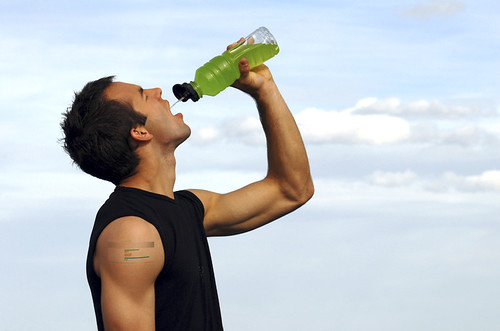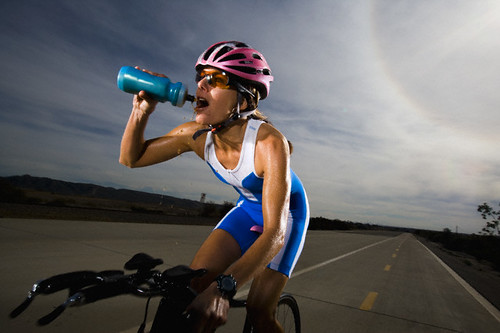
If you enjoy a workout outside, even in the summer, or you are a regular gym goer, you simply cannot escape the high temperatures and humidity. And all the summer sweat leaves you thirsty and dehydrated. You could even be addicted to sports drinks loaded with sugar without realizing it.
But do you think sport drinks are they healthy for you? What is better for the average person who exercises, a sports drink or water? Let's take a look at the expert opinion on whether water is better than sports drinks or not:
"Water is the most popular beverage to drink during exercise, but sports drinks do a better job of hydration."
How true is this statement?
It's fair to say that sports drinks do a better job of hydration than water. Dehydration during exercise occurs due to sweating in which water and electrolytes from the body have been lost. During exercise, sweating occurs in order to maintain body temperature. The body's carbohydrate stores are also depleted during exercise, the muscles use the glycogen stored in them, as well as those of the liver.
Sports drinks are made up of polymers water, salt, electrolytes, glucose, and fructose. Glucose and salt increase absorption capacity or uptake of water in the body. The absorption of tap water, compared to sports drinks is lower and therefore sports drinks improve hydration.
The glucose in the drink will prevent blood glucose levels from dropping too low, and they also help maintain the body's glycogen stores. Sodium and potassium are the main electrolytes that help maintain hydration and reduce urine output.
So which drink is the best to get and keep the body hydrated during exercise?
Water: Water causes bloating which suppresses thirst and therefore drinking water does not contain carbohydrates or electrolytes and also increases urine output.
Sports drinks: These improve performance during exercise, have a good Absorption capacity, since they are isotonic (that is, they have a composition similar to that of body fluids). The isotonic liquids, due to their good rapid absorption capacity, they replace fluids lost through sweating and provide a carbohydrate boost.
Juices: Juices are hypertonic, which means they have more carbohydrates or glucose molecules per ml. They can be nutritious, but they are not a good option for hydration. The fructose or fruit sugar in juices reduces the rate of water absorption so cells do not hydrate quickly. Hypertonic fluids should be taken together with isotonic solutions or in diluted form. It should generally be taken after exercise.
Carbonated drinks: The carbonated drinks cause dehydration. They have caffeine and therefore have a diuretic effect which means that urine production will increase. They also have a distending effect and will give a feeling of fullness. This inhibits the natural thirst mechanism.
In conclusion:
During exercise or sports activities a large amount of sweat is produced to maintain the core temperature of the body. This leads to the loss of body fluids and electrolytes, and if left unchecked it can lead to dehydration. Also the body's carbohydrate stores are depleted during exercise. Pure water can replace the fluid lost during exercise, but not the electrolytes and carbohydrates. It also gives a feeling of fullness and increases urine output. Sports drinks do not hydrate better than water, but provide carbohydrates and electrolytes that are lost during the exercise session. They can be consumed in large quantities compared to water due to their sweet taste.
It is advisable to drink sports drinks (natural or packaged) immediately before, during and after the exercise session or sporting events, if you are involved in high intensity training.
However, water is a better source of hydration for the average gym person.

